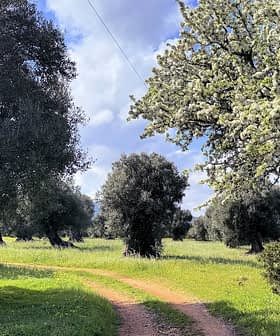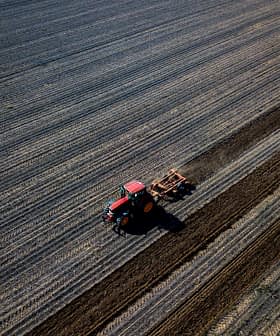A small satellite equipped with ultra-high resolution multispectral cameras will soon point its electronic eyes on Andalusian farmland in Spain.
The nano-satellite will be launched next October by Falcon9 from a SpaceX base in either California or Florida. Once in orbit, the device will gather and transmit crucial data for the agricultural sector in the region.
The satellite will monitor the effects of farming on the territory and its natural resources, producing a whole new swath of information that can be used to inform future policies on the preservation of the environment and sustainabile farming.
See Also:Olive Grove Expansion Threatens Endangered Bird Species in SpainAs reported in the official press note, the new device comes from a partnership between the Junta de Andalucia, the Andalusian regional government, and the LifeWatch ERIC project, a European research body that investigates biodiversity and the ecosystem. The Andalusian Agricultural and Fisheries Management Agency (AGAPA) is also part of the initiative.
The nano-satellite is being built by the Open Cosmos company, which was founded in Andalusia. Its control center will be located in the Doñana National Park, in southern Spain. It will be run in partnership with the University of Huelva.
The nano-satellite will operate as part of a 12-device constellation. Participating in the project allows the partners to access all relevant information retrieved by the constellation.
As reported by TheDailyGuardian, the space view provided by the satellite will allow macroscopic observation of the region.
There are three levels of collecting data on the impact of farming. The first level provides microscopic analysis of soil and sea microorganisms. The second level uses sensors and drones to report real-time information about human activities and the environment. The macroscopic observation provided by the satellite will represent the third level.
According to Carmen Crespo, Councillor for Agriculture, Fisheries, Water and Rural Development of the Junta de Andalucía, the new project underlines the crucial role of LifeWatch ERIC, which offers “important data that allows better decisions to be made in the pursuit of sustainable agriculture and preserving biodiversity.”
Crespo underlined how such innovation would allow Andalusia to accomplish the ecological and agricultural objectives given by the European Commission.









